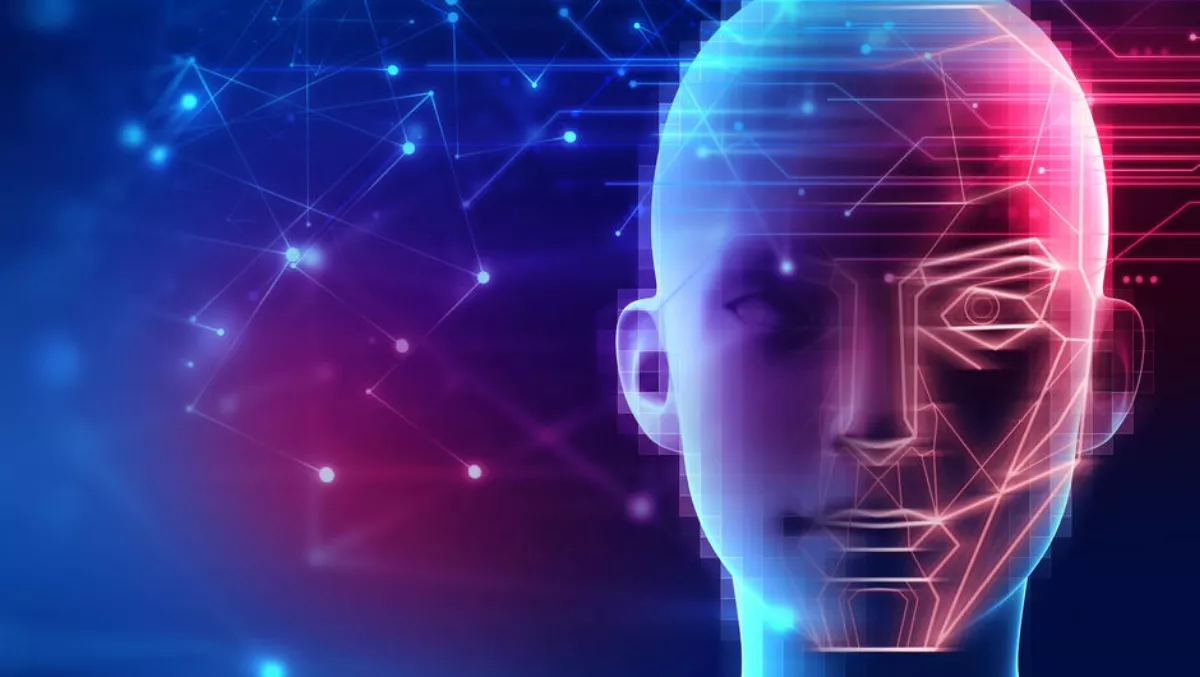
A definitive look at whether AI is a job creator, enabler or destroyer
Article written by Datorama CSO and Co-founder Katrin Ribant. At the start of the 2000s, we essentially entered an all-new age. With Artificial intelligence (AI) and automation increasing the role they play within the enterprise, IDC predicts that by 2021, AI will be used for 85% of enterprise apps, while over 65% of consumers will interact with customer support bots. Unsurprisingly, this technological revolution has caused concern amongst workers across all levels. Their biggest worry?
"Will a robot take my job?" In short, no.As business leaders become more aware of the benefits of automation and AI, adoption levels will rise within organisations. This will place some responsibility on management, which will need to shepherd this transition by keeping its talent informed in the shift to a data-driven culture. Obtaining buy-in across an organisation and driving user-level adoption requires patience and persistence — it is not something that happens overnight.
The good news is that although Hollywood would like you to believe the sky is falling and robots will rise to destroy humans as seen in the Terminator franchise, the reality is that these advances in technology are complementary for today's workers. According to Deloitte, human employees and smart technology will work together — seamlessly — in a symbiotic relationship. Moreover, new research from Accenture found that 60% of employees think that AI will have a positive effect, rather than taking their job. It's to be expected that some low-level, repetitive tasks will be automated by AI; however, this brings a significant opportunity to upskill workers, enabling them to focus on high-value tasks and become contributors to more strategically focused initiatives. It should come as no surprise then that, according to recent Deloitte research, almost 80% of organisations will either look to retrain people to use new technology or redesign jobs to take better advantage of human skills.
How will AI fill the skills gap?Rather than displace skilled workers, AI will instead fill the skills gap created by the rise in flexible working and the "gig economy." In fact, Accenture estimates that by 2020 more than one-third of the preferred skillsets of most careers are not yet considered critical. This especially applies to the marketing function, where the use of AI will solve the most significant challenges associated with managing data sets across a myriad of point solutions.
AI-powered technology is going to be an empowering way for marketers to shift the focus of their role away from the repetitive, time-consuming methods of manual data wrangling and move towards actioning insights derived from the analysis of various marketing data assets. The big benefit of adopting AI-powered technology is that it allows man and machine to operate at their peak potential.
For example, we know that individuals are not best suited for crunching numbers and doing manual data cleansing/preparation work. And, we also are well aware that algorithms are not best suited to apply context to a given situation for true understanding. By leveraging AI we're essentially enhancing the abilities of both man and machine to result in the best possible combination of skill for a given job. Rather than having a resource be applied to a task they're naturally not best-suited for and that can be addressed better with the latest technology innovations, it's clear that the way forward is to bring together the best skills a man and machine bring to the table. The sum is greater than the parts. Through the use of AI, workers will be enabled to thrive in a more strategic-focused environment and drive innovation. In other words, AI will enhance jobs, not replace them by enabling human workers to make rapid, data-driven decisions, whilst developing strategies based on actionable insights. With the greater use of AI and automation within the enterprise, the role of the human worker will be transformed for the better. Organisations set to thrive will be those that focus on talent development — enabling employees to be upskilled and be redeployed across higher-value tasks — in order to create a complementary relationship between man and machine.

